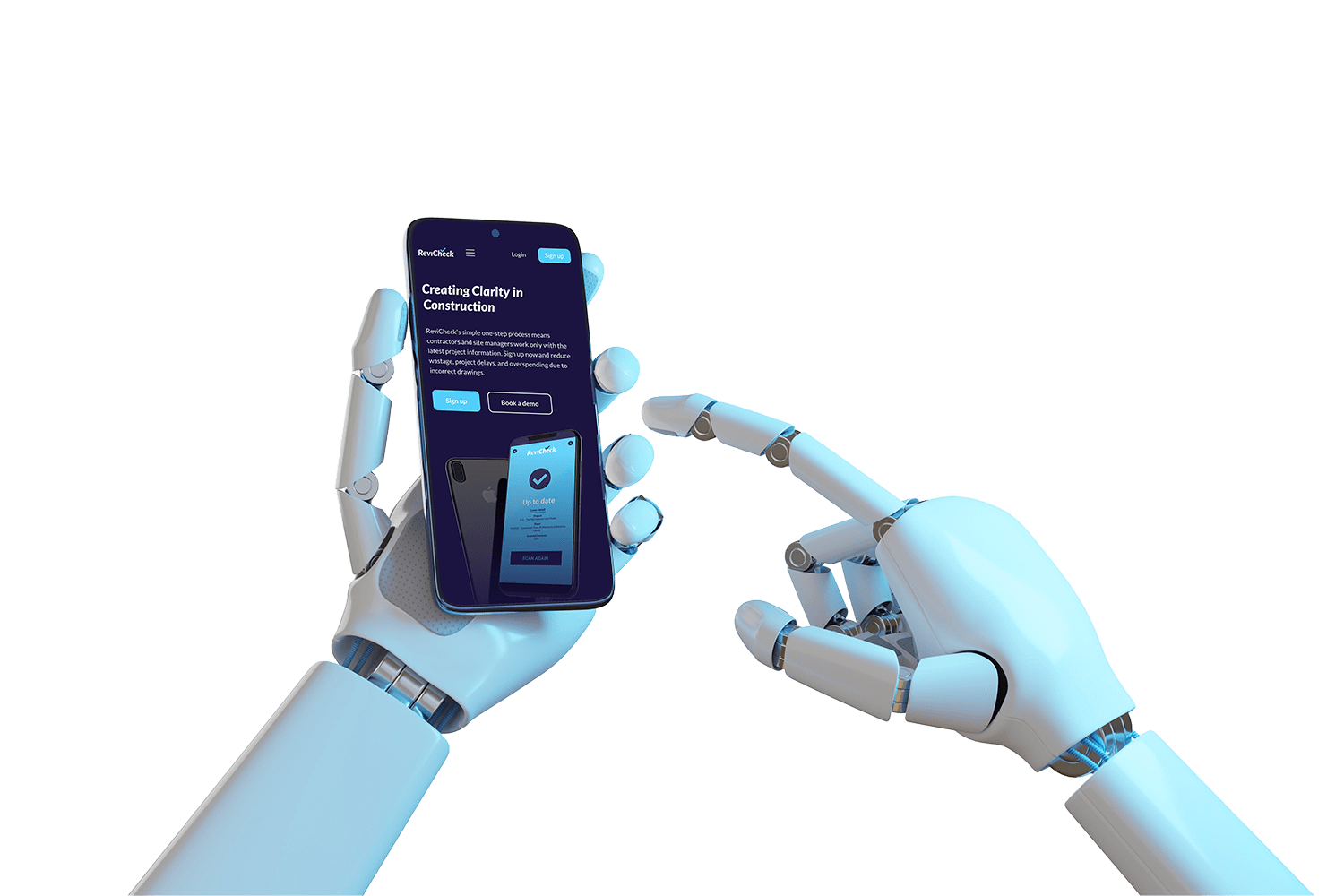With the birth of Generative Artificial Intelligence (AI), marketers and business owners have gained access to a powerful tool that has the potential to revolutionise their strategies. From personalised content creation to predictive analytics, Generative AI offers many opportunities to enhance marketing efforts and drive meaningful engagement with consumers. Let’s look at how generative AI can be used in the field of marketing in more depth.
What is Generative AI?
Generative AI is an area of artificial intelligence that focuses on creating new content, such as images, text, or even entire pieces of music, without direct human intervention. Using sophisticated algorithms and machine learning techniques like neural networks, generative AI systems can learn from existing data and generate outputs that mimic human-created content. This technology can be used in various fields, including marketing, art, entertainment, and even scientific research.
Personalised Content Creation with Generative AI
One of the most significant advantages of Generative AI in marketing is its ability to generate personalised content at a great scale. By sifting through and studying vast amounts of data, including consumer preferences, behaviours, and demographics, Generative AI can create tailored messages, advertisements, and product recommendations that resonate with individual consumers.

For instance, consider the application of Generative AI in email marketing. Instead of sending generic, one-size-fits-all emails, marketers can use AI algorithms to generate dynamic email content customised for each recipient. By incorporating personalised recommendations based on past purchases or browsing history, marketers can significantly increase the likelihood of conversion and foster stronger customer relationships.
Enhanced Customer Engagement
Generative AI enables marketers to deliver more engaging and interactive experiences to their target audience. Through chatbots powered by natural language processing algorithms, brands can provide personalised customer support and assistance in real-time. These AI-driven chatbots can understand and respond to customer inquiries, recommend products or services, and even facilitate transactions, all without human intervention.
Furthermore, Generative AI can be utilised to create immersive virtual experiences, such as augmented reality (AR) or virtual reality (VR) simulations. By allowing customers to visualise products in their own environment or participate in virtual demonstrations, brands can enhance engagement and foster a deeper connection with their audience.

Predictive Analytics and Consumer Insights
Another valuable application of Generative AI in marketing is predictive analytics, which enables brands to anticipate consumer behaviour and trends with greater accuracy. By analysing historical data and identifying patterns, AI algorithms can forecast future market trends, demand fluctuations, and customer preferences.
For example, retail companies can leverage Generative AI to optimise inventory management and supply chain logistics by predicting demand for specific products in different regions or seasons. Likewise, marketers can use predictive analytics to forecast the success of marketing campaigns, identify high-value customer segments, and allocate resources more effectively.
Content Generation and Creativity
Generative AI empowers marketers to streamline the content creation process and unleash their creativity. Through techniques such as natural language generation (NLG) and generative adversarial networks (GANs), AI algorithms can generate compelling written, visual, and audio content autonomously.
From generating blog posts and social media captions to designing custom graphics and videos, AI provides marketers with endless possibilities to create captivating content that resonates with their audience. By automating repetitive tasks and freeing up time for strategic planning and ideation, AI enables marketers to focus on innovation and experimentation, driving creativity and differentiation in the marketplace.
Generative AI for Small Business Marketing
Generative AI offers small businesses a range of benefits, helping them streamline operations, personalise customer experiences, and make data-driven decisions. Here’s how Generative AI can empower small businesses:
- Operational Efficiency: Automate repetitive tasks like data entry, customer inquiries, and content creation, freeing up time for strategic activities such as product development and marketing. This efficiency not only boosts productivity but also allows small businesses to focus on core competencies and innovation.
- Data-Driven Insights: Generative AI enables small businesses to analyse large volumes of data quickly and accurately, uncovering valuable insights that inform strategic decisions. By using predictive analytics algorithms, businesses can forecast trends, anticipate customer behaviour, and identify opportunities for growth, ultimately gaining a competitive edge in the marketplace.
- Personalised Experiences: Small businesses can deliver customised marketing messages, product recommendations, and offers tailored to each customer’s preferences and needs. By understanding individual preferences and behaviour patterns, businesses can create more meaningful and engaging interactions, driving customer satisfaction and loyalty.
- Cost-Effective Solutions: Accessing cutting-edge AI technology through cloud-based platforms and scalable solutions enables small businesses to stay competitive without significant upfront investment. By using cost-effective AI solutions, businesses can optimise resources, improve efficiency, and drive innovation, ultimately achieving sustainable growth and success.

Incorporating Generative AI into your small business allows you to stay agile, deliver exceptional customer experiences, and drive growth in an increasingly competitive marketplace. By harnessing the power of AI-driven innovation, small businesses can unlock new opportunities, drive operational efficiency, and create lasting value for their customers.
Ethical Considerations and Challenges
While Generative AI offers numerous benefits, it also comes with its fair share of challenges that businesses need to navigate effectively:
- Ethical Concerns: Generative AI can inadvertently perpetuate biases present in the data it’s trained on, leading to biased outcomes. Businesses must address issues related to fairness, transparency, and accountability to ensure responsible AI use.
- Data Quality and Quantity: The performance of AI models heavily relies on the quality and quantity of training data. Obtaining sufficient and diverse data can be challenging, particularly for small businesses with limited resources.
- Complexity and Interpretability: AI models can be highly complex, making it challenging for businesses to understand and interpret their inner workings. This lack of interpretability can hinder trust and acceptance of AI-driven solutions.
- Security and Privacy: The generation of realistic synthetic data by Generative AI raises concerns about data security and privacy. Businesses must implement robust security measures to protect sensitive information and prevent unauthorised access or misuse.
- Regulatory Compliance: Compliance with regulations such as GDPR and CCPA poses additional challenges for businesses utilising Generative AI. Ensuring compliance with data protection and privacy regulations is crucial to avoid legal repercussions.

Addressing these challenges requires a holistic approach, involving collaboration between data scientists, domain experts, and policymakers to develop ethical guidelines, enhance data governance practices, and ensure transparency and accountability in AI development and deployment. By proactively addressing these challenges, businesses can harness the full potential of Generative AI while reducing associated risks.
In summary
In conclusion, Generative AI holds immense promise for transforming the field of marketing, enabling brands to deliver personalised, engaging, and data-driven experiences to their audience. By harnessing the power of AI to generate content, predict consumer behaviour, and drive innovation, marketers can stay ahead of the curve and thrive in an increasingly competitive landscape. However, it is crucial to approach the adoption of AI technologies thoughtfully and ethically, ensuring that they are used to enhance human creativity and enrich the customer experience.
As the marketing landscape continues to evolve, AI is going to play more and more of a central role in shaping the future of marketing, empowering brands to connect with consumers in more meaningful and impactful ways than ever before.




